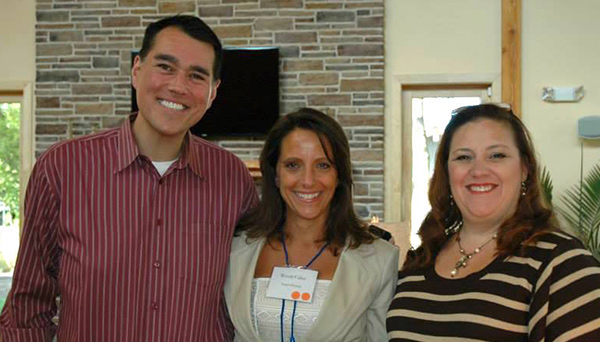As we pointed out in the introduction to this series, educators and parents alike have seen troubling developments in parenting and raising a child. One set of lies the parenting mythology provides has to do with the joy, fun and attention parents often give to their children. Parenting is constant joy is a misconception. Our advice: stop looking at Facebook and start looking at families in the grocery store. We’ll leave it at that.
Myth #2: Good Parents Experience Nothing but Joy
- Good parents are always liked by their children
- If children put up a big fuss, you must be doing something wrong and should change your parenting choices
- Good parents devote every moment of their free time to their children
- Good parents do not abandon children to do things on their own
Good parents are always liked by their children
Hopefully the preceding paragraphs have made these two things clearly mutually exclusive. But if you are currently constantly liked by your children, you can consider it the canary in the coal mine.
If children put up a big fuss, you must be doing something wrong and should change your parenting choices
Simply reverse this. If children are putting up a fuss, you are probably doing the right thing. You are setting limits. You are saying no. You are letting them suffer. You are forcing them to entertain themselves. You are being a benevolent figure of authority, one who has their best interest at heart.
Good parents devote every moment of their free time to their children
Parents who devote every moment of their free time to their children raise adults who understand their place in the universe as the very center. They will expect, as do all children, that their first experience with community (the family) is what they should get from every community thereafter. Anyone interested in working with this guy?
Good parents do not abandon children to do things on their own 
Good parents don’t abandon children to do things on their own. Sadly, it’s what it has come to be considered. Abandonment. But children who are not left to do things on their own do not learn to…well…do things on their own. The act of teaching is different than the act of learning. Children need help, guidance, instruction, and mentoring. But this is not actually when they learn. The learning comes when they DO things. On their own. Unless you are planning to accompany them to work every day, they better figure that one out. Note: time on the iPad is not time on their own.
Let’s remember that despite all of our best intentions and good parenting choices, there are no guarantees. Children are agents of free will who will make their own decisions. The best we can do is set our sights constantly on the future, on who we want them to become, asking ourselves what we have done recently to help our children develop this way.
Check out the insights from the Aspinall’s parenting class that practically addresses many of these “good-parent” myths:
*Adapted text from Mrs. Calise’s State of the School.








Leave a Comment